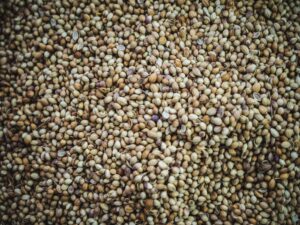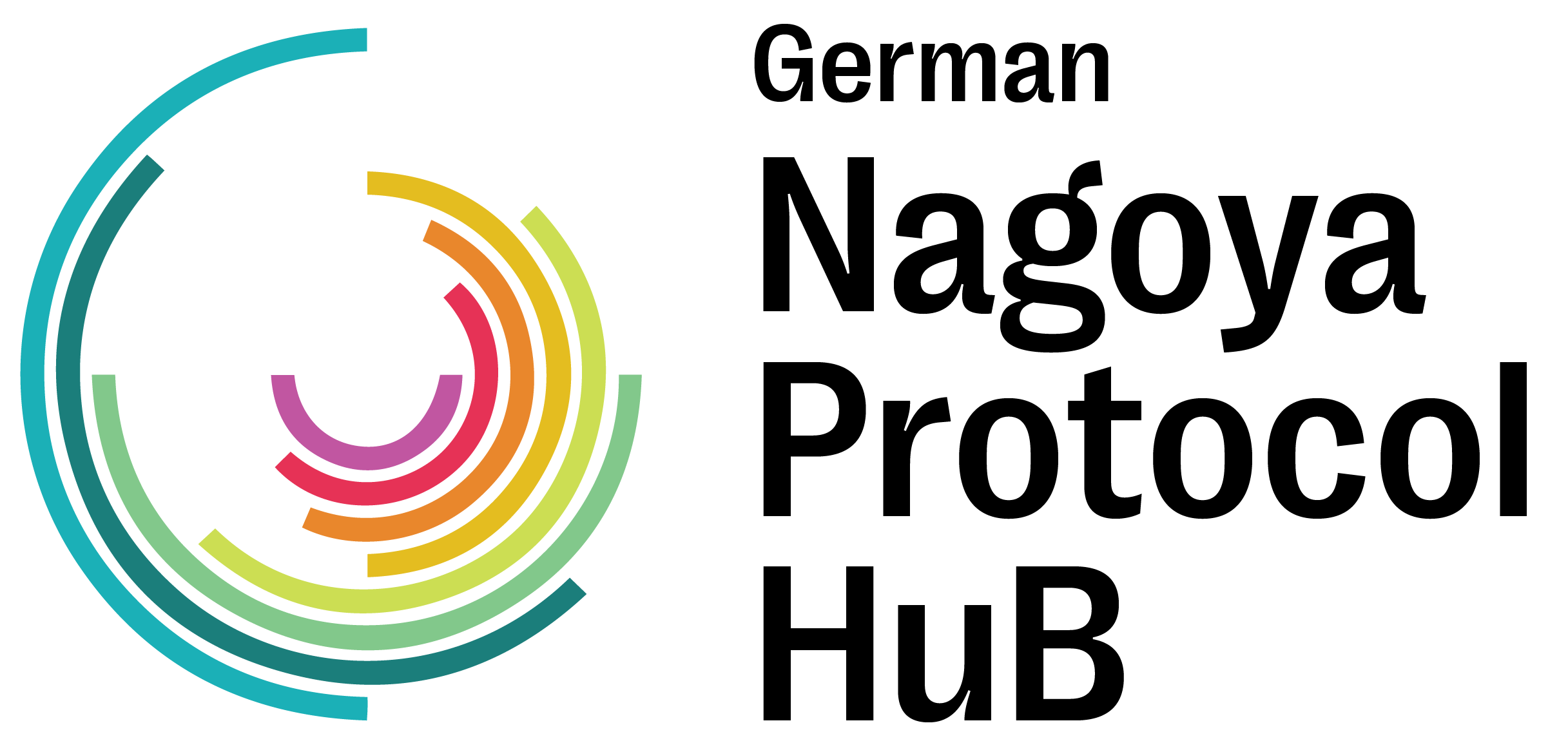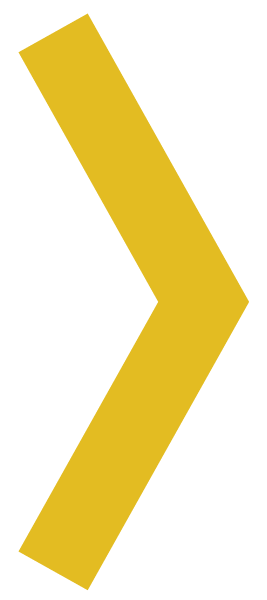ABS stories
Learning from experience: Spain
Biological material: Plants
Research field: Biochemistry, evolution, plant biology
Research: Basic, non-commercial
Focus: This research investigates the evolution certain plants and their ability to produce toxic pyrrolizidine alkaloids, which are produced as part of a chemical defense against herbivores.
Collection: The material was sold to the researchers by a private company
Funding: German Research Foundation (DFG)
Funding period: 2017-2022

Photo: Joshua Lanzarini on Unsplash
ABS Process
Time needed for first response from the National Focal Point: 4 days
Amount of time invested full time in the process: 2-3 days
Time needed until all ABS documents were obtained: 3 months
ABS documents needed: Prior Informed Consent
Before starting with the process, advice on ABS was provided to the scientists by the Nagoya Protocol compliance officer at the university.
The first step in the ABS process was to contact the Spanish National Focal Point. It took about four days for this person to respond to the initial enquiry.
The applications forms were in Spanish. These were filled out in English and in Spanish (with the support of the Nagoya Protocol Compliance Officer). Information was provided about the scientific project (short description), project time frame, benefits for the conservation of biodiversity in Spain, the type of plant material to be obtained, and where the material came from (in this case a commercial seed shop).
The documents were sent to the Spanish Ministery for the Ecological Transition. It is possible to submit an ABS application through the Electronic Offcie of the Ministery but that requires a Spanish personal identification number, making a coolaboration with a Spanish institution highly recommended. As alternative, documents can be printed and filled out and submitted through the CORREOS post offices (only in Spain) or at Spanish embassies and consulates in other countries.
An Internationally Recognized Certificate of Compliance has been published in the ABS Clearing House.

Photo: Goh Rhz Yan on Unsplash
Benefit-sharing
There was no benefit-sharing agreement.
Advice for other researchers obtaining biological material from Spain
The research institute had a positive experience with ABS in Spain and there were no challenges to speak of.
What do they suggest?
![]()
ABS laws may apply to material that is obtained from a commercial provider. It is important to check whether you have any obligations, even if you buy material from a shop.
![]()
Contact the national focal point to find out what you need to do. Be transparent with the authorities in the country providing the material about your work.
![]()
Start with the ABS process early and plan enough time for ABS process.
![]()
You may need help with the Spanish language. All of the official documents are in Spanish! Consider asking colleagues or your collaboration partners in Spain (if you have any) to help you with language barriers.




